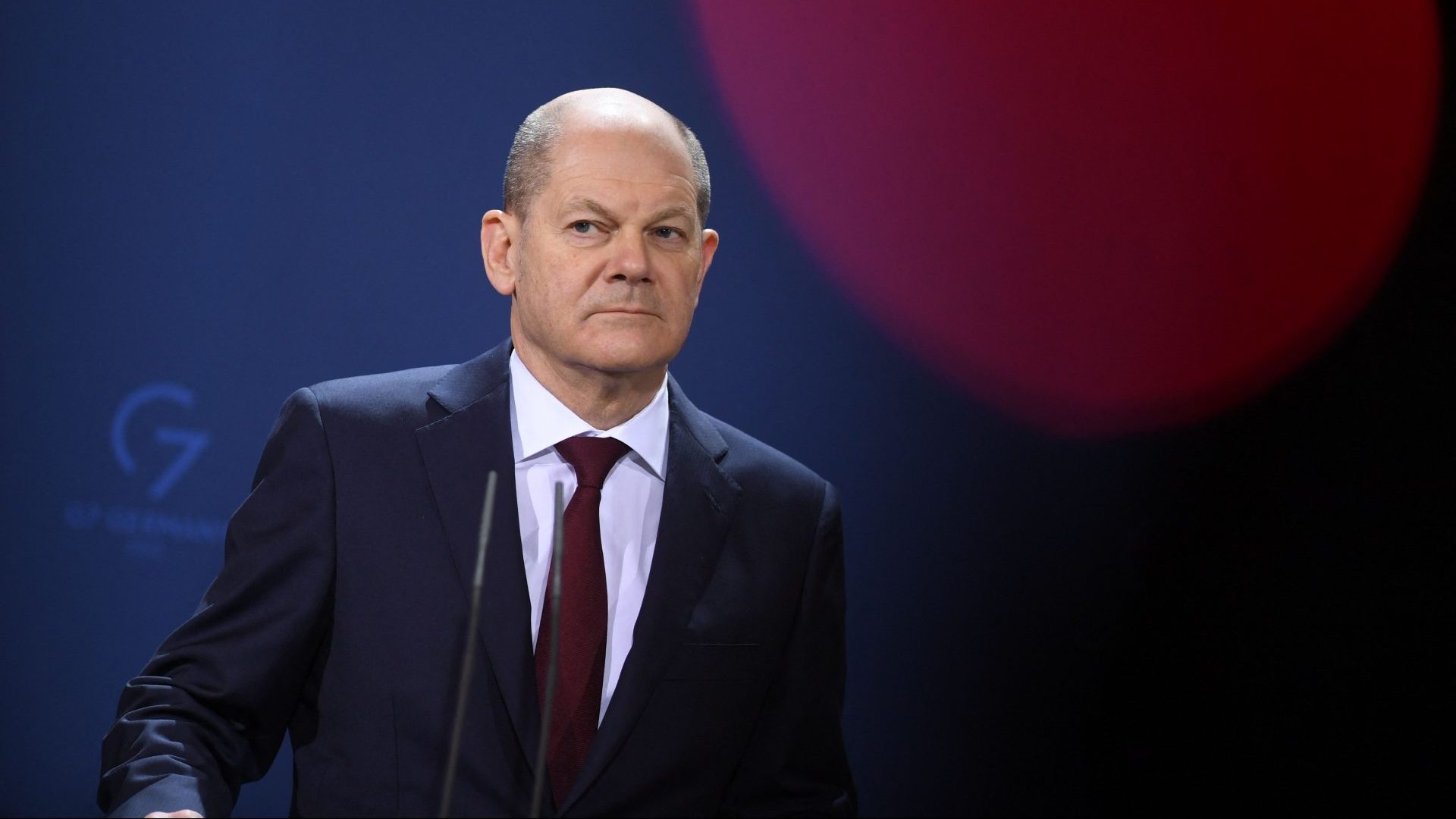Across Europe, Putin’s invasion of Ukraine has led to the realisation that the price of freedom is not just eternal vigilance but also a reversal of recent complacency about security in Europe. The most breathtaking signal of that realisation has been in Germany, where two parties with pacifist backgrounds have dramatically changed the country’s post WWII resistance to taking on a military role.
The German Chancellor, Olaf Scholz, gave a speech that was unimaginable from an SPD politician only a few weeks before. He announced Germany would meet and perhaps exceed the NATO target of spending 2% of GDP on defence and spend €100bn on updating the Germany military. This speech followed an earlier announcement effectively ending the Nord Stream 2 gas pipeline project.
The ending of German reticence on defence spending is a seismic change of direction for the SPD that has been proud of its role in building relations with East Germany and the Soviet Union during the Cold War and with Russia subsequently.
Fifty years ago, Willy Brandt, an earlier SPD German Chancellor, introduced the concept of Ostpolitik, upending the post-war CDU doctrine of non-recognition of East Germany. Brandt believed that his policy of dialogue and diplomacy, with a hearty dose of trade thrown in, would be the route to bringing the two halves of Germany back together.
It was Brandt who initiated the flow of gas between Russia and Germany, entwining the diplomatic relations with economic ones. It runs in the veins of SPD politicians that this peaceful approach to its eastern neighbours was instrumental in bringing down the Berlin Wall, which happened 2 years before the collapse of the Soviet Union.
This dramatic change in direction was a startling and historic consequence of Putin’s invasion of Ukraine but one fully supported by their coalition partners, the German Greens and their Foreign Minister Annalena Baerbock, who have taken a parallel and equally surprising journey towards this point. So how did a party that came into German politics as the flower-power generation come to be part of a government that made this momentous decision? In some ways the movement made by the German Greens is as surprising as that taken by the SPD, since the party emerged from the peace movement. But this shift, like that of the SPD, has a long evolution.
Baerbock, took an uncompromising approach towards the Putin regime throughout the recent election campaign. The German Greens have long opposed Nord Stream 2 and criticised the Merkel governments for their failure to invest in renewables as insulation against dependence on Russian gas. In January, during her first visit to Moscow, Baerbock challenged her counterpart Sergei Lavrov to meet international standards and criticised Russian treatment of opposition leader Alexei Navalny and their crushing of the human rights organisation Memorial.
This is not the first time that the German Foreign Minister has been a Green, but when Joschka Fischer supported the bombing of Kosovo back in 1999 he was vilified by his own party. In justifying his support for intervention he argued that he had two intertwined principles: ‘Never again war, never again Auschwitz; never again genocide, never again fascism’. It took the West German peace-movement Greens a while to catch up with what Fischer, whose parents moved to Germany from German-speaking communities in Hungary, already recognised.
What enabled the movement away from post-war shame and towards geopolitical responsibility for both parties has been the eventual recognition that the same impulse towards nationalist authoritarianism and imperialism that was represented by Hitler in the 20th century is now represented by Putin. The framing of opposition to Putin’s war in Ukraine as a similar struggle to the fight against fascism has made opposing it a duty for both SPD and the German Greens.
Of all the consequences of the terrible events in Ukraine Germany taking up the role of a major power is one of the most significant. More surprising is the fact that all the other European governments have welcomed this decision. As UK journalist Matt Frei tweeted, ‘GERMANY RE-ARMS, EUROPE RELIEVED! another headline you didn’t see coming!’
As Germany takes a large part on the world stage the UK is shrinking in stature, absent from the EU negotiations where the future geopolitical map of Europe will be decided. While Germany has managed to move on from its WWII past, the UK is still wallowing in its misguided lesson that we are stronger when we stand alone. As former MEPs we have never felt the need for European unity more strongly than when we witness war in our own continent. The situation in Ukraine shows us how wrong Brexit was and how urgently we need to find a constructive way to play our role in building what Mikahil Gorbachev called ‘our common European home’.











